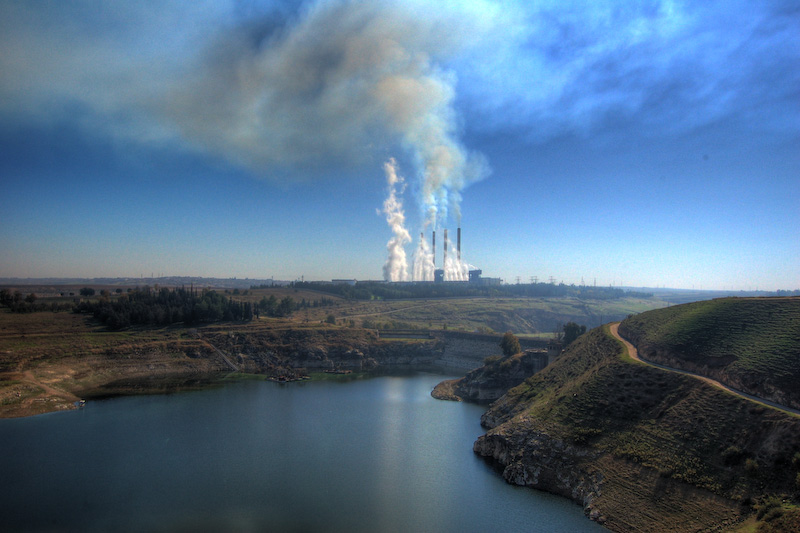Businesses Feel the Burn of Increased Environmental Regulation
On October 1, the Obama administration released a new environmental regulation concerning smog. For those of you that don’t know, smog is an air pollutant that gets its name from a mash-up of the words smoke and fog. It was first seen in London, where clouds of smoke and sulfur would mix with fog to create a thick haze that would hang over the city. While still associated with coal burning, it is now known that VOCs and airborne particulate matter called ozone can also be responsible. The recent law limits the amount of ozone that can be released from factory smokestacks and tailpipes with the intention of reducing smog.
Smog has been known to present a variety of health hazards. These hazards include coughing/throat irritation, worsening of asthma and its symptoms, and can also result in damage to the lung tissue and decreased lung function. Exposure to smog has also been linked with an increased risk of heart disease and cancer. Children, the ill, and the elderly are especially susceptible to the dangers presented from smog.
These risks justify the EPA staff recommendation of a fairly strict standard of no more than 60 parts per billion of ozone. This number is based off of a large amount of research done over recent years. The president instead proposed a restriction of 70 parts per billion, which has many environmentalists and public health officials unhappy.
Republicans and business interests, however, have countered that by imposing more strict levels, even at the reduced level the president chose, will hurt the job market and economy. A single scrubber for a coal-burning facility can cost millions of dollars . Even the EPA has admitted that the new regulations will come at an annual cost of over $1.4 billion to the US economy.
Are these new regulations just? Is direct and immediate economic harm to the people employed in the coal industry outweighed by the less-immediate but more detrimental costs to the health of citizens and the environment?





